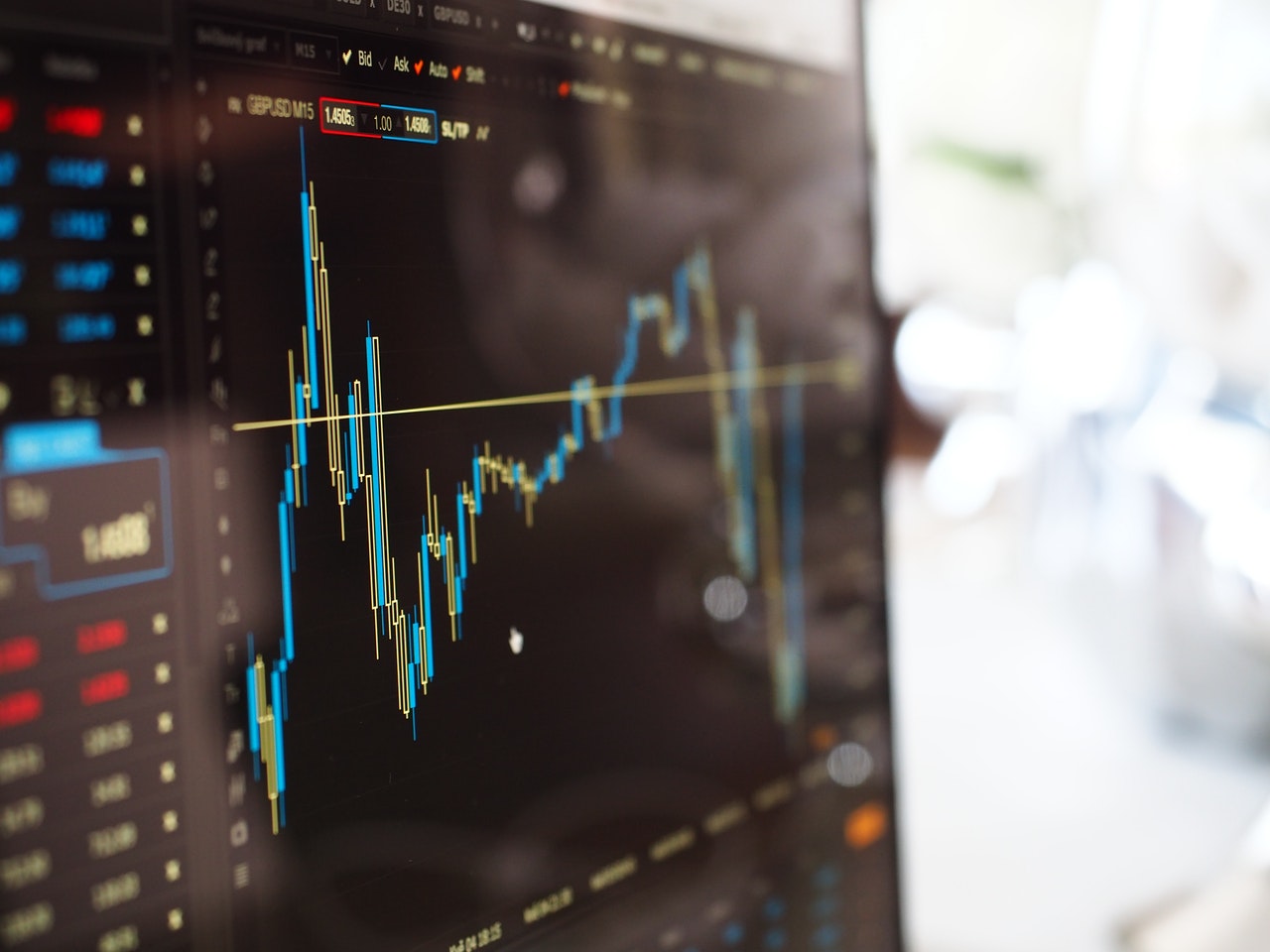More and more people are starting to turn their heads toward the idea of trading, especially as they start to realize the importance of having multiple streams of income. While many people view trading as an opportunity to make supplemental cash, others opt to make it their full-time profession. Regardless of whether you want to build a career around trading or hope to make it your side hustle, there are many things that you need to consider. If you are a new trader, you are probably excited about finding out how you can make money immediately. However, you need to keep in mind that trading is a risky business; you need to think strategically and weigh out your options before taking any steps forward. You have to understand its dynamics and its every aspect; having realistic expectations is key. Read through our article to find out the top trading tips that will help you think like a professional.

Stick to a Trading Plan
Trading is a business and is a risky one for that matter. Just like every business has its own goals, objectives, and strategic plans, your trades need one too. Your trading plan should include your entry and exit points, as well as a money management standard for each of your purchases. Luckily, with the help of technology, you can easily approximate your risks and assess trading ideas nowadays. This will prevent you from risking or experimenting with real money. This testing practice is known as backtesting, and it is designed to help you put your trading idea to the test with the use of historical data. This will allow you to find out whether your idea is practical. After you develop your trading plan and backtest it, you can finally implement it into real-time trading. You need to make it a point to stick to your plan; completing trades that weren’t part of your game plan, even if they seem like great deals or turn out great, you will still be considered a poor strategist.
Trading is Your Business
As we explained above, your trading practices, even if you are no more than a hobbyist, should still be treated as a full or part-time business. This is because otherwise, you will never be keen on learning. You may also find yourself frustrated because trading doesn’t yield a regular or reliable paycheck. When you approach trading like you would approach your business, you will be able to accept that it comes with losses, expenses, uncertainty, taxes, risk, and a lot of stress. Think of yourself as a small or growing business owner rather than a trader; a trader, much like a business owner, must strategize, research, and continue to develop so that their business’ potential is maximized.
Make Use of Technology
Trading is a highly competitive business and therefore, you should always assume that others are making the best use of all the available and accessible technology. Using charting and VWAP platforms can help you gain insight into several aspects and perspectives of the market. Carefully analyzing the charts as well as backtesting your ideas before you proceed with them can help you avoid many potential risks and losses. These platforms are widely available on smartphones for download, which is something that you need to take advantage of. This allows you to stay on track, be constantly aware of major updates, monitor your trades, and keep an eye on the market on the go. Even if it’s as minor as having access to the internet, every aspect of technology can play a great role in helping you advance in your trades. Understanding the power of technology and knowing exactly how it can help you in your trades can help you increase your performance. Look out for new products, services, and platforms that can help you become a more insightful trader; technology is always evolving!

Trade What You Can Afford To Lose
As a newbie, you may be tempted to go all-in so that you can generate higher rewards. This is highly risky; professional traders know that they should not be trading at the expense of other important obligations. Your trading account should only include the money that you’ve allocated for your trading expenses- money that is really expendable. If you are not there yet, then you should save some more before you start trading.
Whether it is because of the increasing financial awareness or the need for supplementary streams of income, many people have started taking an interest in trading. Unfortunately, many people think of trading as a mere hobby or a side job. While many of their trades may end up successful, they will never be professional traders. When it comes to trading, the key is to treat it as your business.